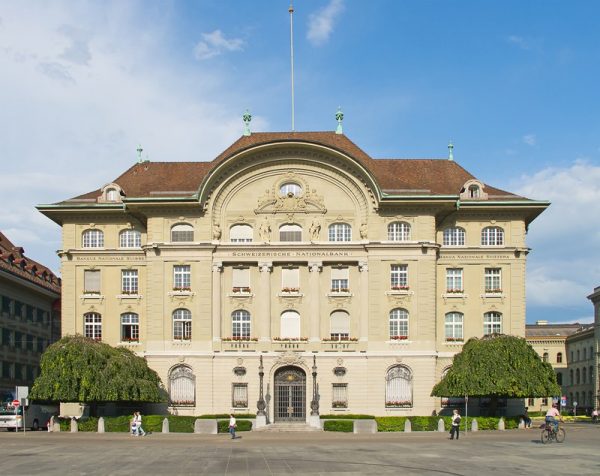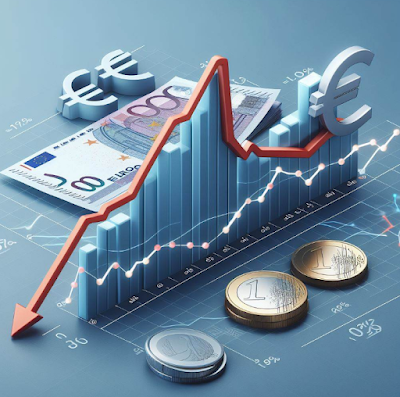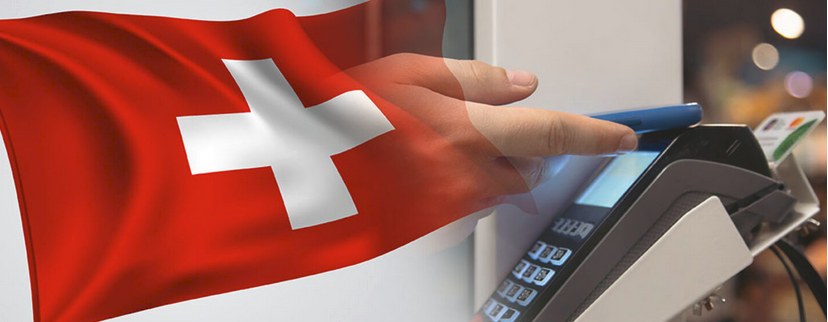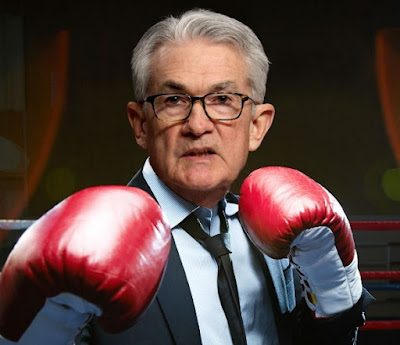Anyone feeling let down that the European Central Bank didn’t do much last week might just want to skip the Swiss rate decision on Thursday to avoid more disappointment.
While the Swiss National Bank may be infamous for some seismic policy changes in the last few years, those bombshells weren’t dropped at scheduled meetings. In fact, the last time the institution altered interest rates at a decision in its public calendar was more than seven years ago.
The upshot: While the SNB may have a few more tricks up its sleeve, it’s very unlikely to pull any of them out on Thursday. With the franc trading weaker than 1.08 per euro for the past two months, all the economists in a Bloomberg survey expect the central bank to keep its deposit rate unchanged at a record low of minus 0.75 percent and affirm its intervention pledge.
“The recent past would support the thesis that changes don’t happen at a regular quarterly policy meeting,” said Alexander Koch, an economist at Raiffeisen Schweiz in Zurich. “The ECB didn’t see the need to modify policy at its most recent decision, as its baseline scenario remains intact, so the same is probably true for the SNB. It should keep rates at their current levels and selectively intervene in currency markets.”
The SNB’s focus on the euro-franc exchange rate means that policy makers have contended with the fallout from euro-area decision-making for years. Last week, ECB President Mario Draghi signaled no expansion to the central bank’s asset-purchase program, taking pressure off the SNB to adjust its stance this Thursday. The Swiss rate decision will be announced at 9:30 a.m. in Zurich, no press conference is scheduled.
As Swiss officials refrain from action, there’s uncertainty about the next moves of other major central banks. The Bank of England’s decision this week will be scrutinized for clues on whether it will cut interest rates again, while Federal Reserve Governor Lael Brainard said on Monday that “prudence” in raising U.S. interest rates is warranted. Investor speculation about the Fed has been roiling bond and stock markets.
With the ECB expected to modify its stimulus program in comings months, SNB President Thomas Jordan and his two governing board colleagues could — at some point — feel the need to lower the deposit rate further. Economists in the Bloomberg survey say the lower limit for the SNB is at minus 1.25 percent.
The big risk in cutting rates, however, would be an increased propensity for cash hoarding by institutions in a bid to circumvent the charge. While SNB officials have said they’ve seen no signs of such a development, underwriters including Zurich Insurance Group AG have noted increasing demand for cash storage insurance.
‘Tread Carefully’
SNB officials have termed negative rates — which are proving a headache for asset managers — an extraordinary measure. Still, Governing Board member Andrea Maechler said in an interview last month that given the environment of low global growth the central bank isn’t in a position to raise rates. Economists in the survey agree, forecasting Switzerland’s negative-rates policy will remain in place for another 3 years.
“There is no great onus on the SNB to do anything more at this juncture,” said Alan McQuaid, an economist at Merrion Capital. “Ideally, you don’t want to have negative rates for too long, but the SNB is likely to tread carefully until things improve in the euro zone and the ECB adopts a less expansive monetary stance.”
By Catherine Bosley and Josh Robinson (Bloomberg)
Full story here Are you the author? Previous post See more for Next post
Tags: newslettersent,Swiss National Bank









































